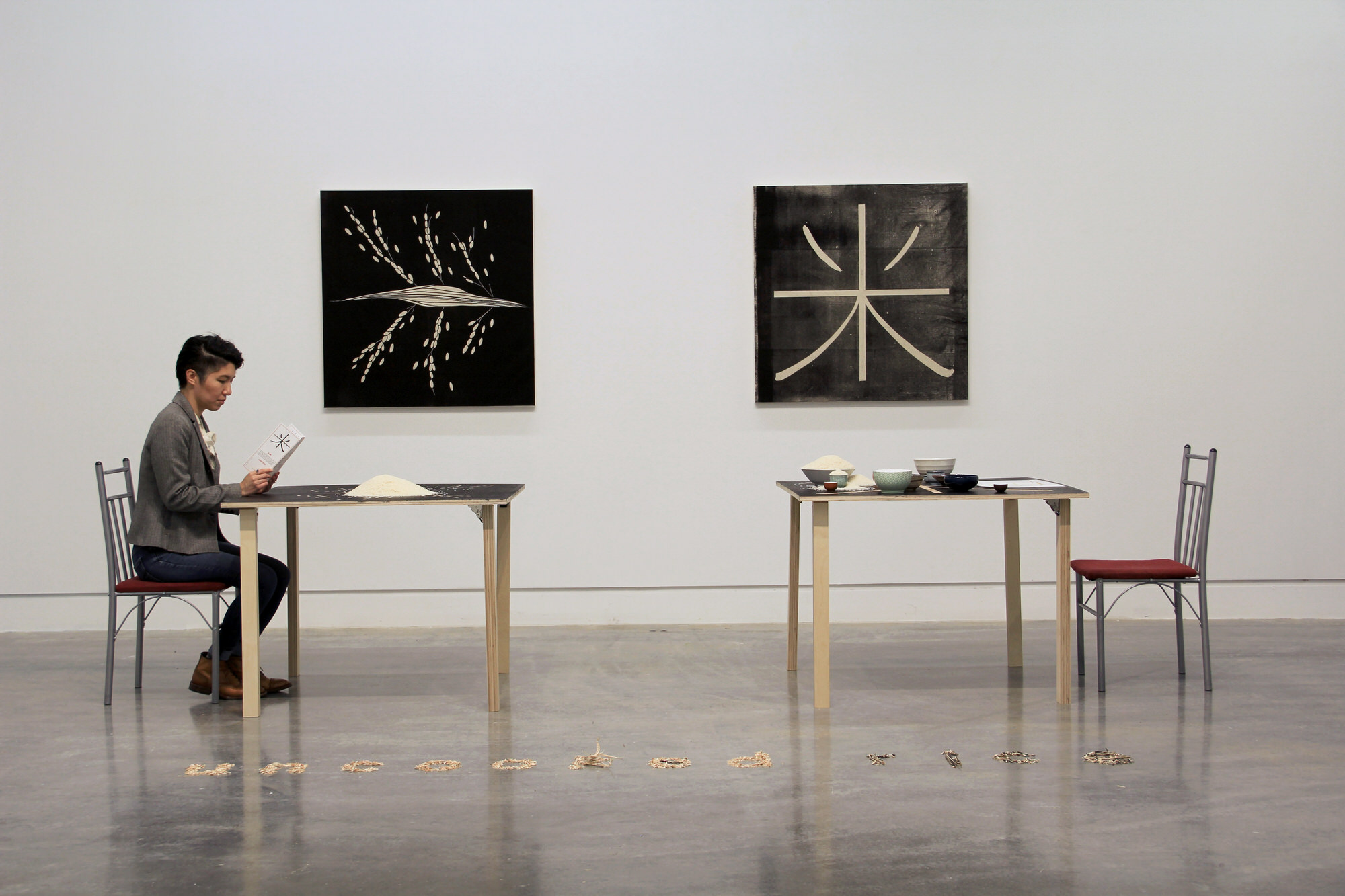It is predicted that two thirds of the global population will live in cities by 2050, and even smaller towns and rural areas have begun to mimic the development tactics of metropolises. Terms like “placemaking,” the “creative class,” and the “creative industry” are all the rage right now. Meanwhile, arts-led gentrification disguised as “urban renewal” displaces up to 70% of BIPOC, as well as senior citizens, the working class, and anyone likely to be marginalized. The arts get used as a wedge—“poor starving artists” volunteer their time to revitalize their struggling neighborhoods, and receive just enough attention to make it seem worth it. Our cities invite artists to paint diverse people in murals, while neglecting actual policymaking that could make it possible for diverse people to build their lives in the same city districts. Wages have stagnated. We are in a recession, on the cusp of hyperinflation.
All of this is driving me to expand my research on how the arts are weaponized for gentrification, and why we must disrupt the pattern. Economic development is not bad, but when it prioritizes property instead of people, it eradicates the wellbeing of the very people who make our communities so special. I have used my practice thus far to make labor visible, to challenge existing frameworks of intellectual and physical property. I have consulted organizations to create equitable best practices for the arts industry to follow. And—while I have received both praise and pushback at a level where even the opponents of artists’ equity cannot dismiss this work’s impact, it does not feel like enough. I am not satisfied with doing outsized labor for incremental change, within the microcosm of my own business, or in the leadership positions I’ve held on boards, committees, and nonprofits throughout Wisconsin.
We need more artists who lack support systems to be able to pursue an arts career long-term, to become leaders who redefine the field. We need more equitable policies in public and private sectors. We need to strengthen cultural rootedness and disrupt cultural appropriation and other forms of stolen wealth. We need to build healthy ecosystems for everyone—because it isn’t good enough for someone like me to succeed “in spite of” the system. If the majority of people have to struggle to build their life here, that is a systemic failing, not an individual one. If the field requires exceptionalism to achieve a modest, middle-class lifestyle that’s becoming harder to come by, we should reject that system and build a better one.
There is a bigger question here, beyond our livelihoods and our localities: how is what we do in the present affecting the future? Will artists, BIPOC, LGBTQIA+, and the working class continue to be displaced by their own labor, or finally thrive in the places they help revitalize? For each of you reading this, how can you start living like the future you want is already here? How can you do it in such a way that expands wellbeing for others, too?
